
Mzuzu: The Green Heart of Malawi
Nestled in the lush highlands of northern Malawi, Mzuzu is a vibrant city known for its natural beauty and welcoming atmosphere. As the third-largest city in Malawi, it offers a unique blend of urban conveniences and rural charm. Visitors to Mzuzu will find themselves surrounded by verdant tea estates, rolling hills, and forested landscapes, making it an ideal destination for nature lovers and adventure seekers alike. Mzuzu serves as a gateway to the stunning Nyika National Park, where tourists can witness a diverse array of wildlife, including zebras, antelopes, and over 400 species of birds. The city itself boasts a lively market scene, where you can immerse yourself in the local culture and pick up artisanal crafts, fresh produce, and traditional Malawian cuisine. The people of Mzuzu are known for their friendliness, and a stroll through the city will often lead to warm conversations and a deeper understanding of Malawian hospitality. For those interested in cultural experiences, Mzuzu offers several points of interest, such as the Mzuzu University and the Viphya Forest, which is perfect for hiking and bird watching. The city's climate is pleasantly cool, thanks to its high altitude, making it a comfortable place to explore year-round. Whether you're here for the breathtaking landscapes, the rich cultural experiences, or simply to relax and unwind, Mzuzu promises an unforgettable journey into the heart of Malawi.
Local tips in Mzuzu
- Visit the local markets early in the morning to experience the freshest produce and most vibrant atmosphere.
- Pack light layers, as Mzuzu's high altitude means cooler temperatures, especially in the evenings.
- Hire a local guide for exploring Nyika National Park to ensure you see the best wildlife and learn about the area's unique ecosystem.
- Try the local Malawian dishes like nsima and chambo for an authentic culinary experience.
- Bring binoculars for bird watching in Viphya Forest, where you can spot rare and colorful species.
Mzuzu: The Green Heart of Malawi
Nestled in the lush highlands of northern Malawi, Mzuzu is a vibrant city known for its natural beauty and welcoming atmosphere. As the third-largest city in Malawi, it offers a unique blend of urban conveniences and rural charm. Visitors to Mzuzu will find themselves surrounded by verdant tea estates, rolling hills, and forested landscapes, making it an ideal destination for nature lovers and adventure seekers alike. Mzuzu serves as a gateway to the stunning Nyika National Park, where tourists can witness a diverse array of wildlife, including zebras, antelopes, and over 400 species of birds. The city itself boasts a lively market scene, where you can immerse yourself in the local culture and pick up artisanal crafts, fresh produce, and traditional Malawian cuisine. The people of Mzuzu are known for their friendliness, and a stroll through the city will often lead to warm conversations and a deeper understanding of Malawian hospitality. For those interested in cultural experiences, Mzuzu offers several points of interest, such as the Mzuzu University and the Viphya Forest, which is perfect for hiking and bird watching. The city's climate is pleasantly cool, thanks to its high altitude, making it a comfortable place to explore year-round. Whether you're here for the breathtaking landscapes, the rich cultural experiences, or simply to relax and unwind, Mzuzu promises an unforgettable journey into the heart of Malawi.
When is the best time to go to Mzuzu?
Iconic landmarks you can’t miss
Macondo Camp
Discover the heart of Malawian hospitality at Macondo Camp, a family-friendly restaurant and lodging destination in Mzuzu, offering local cuisine and vibrant surroundings.
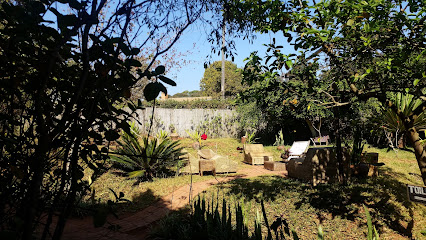
Chatonda Lodge
Discover tranquility and comfort at Chatonda Lodge, your serene retreat in the heart of Mzuzu, Malawi.
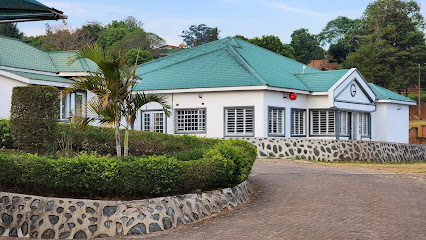
Ilala Crest Lodge
Experience comfort and hospitality at Ilala Crest Lodge, your perfect retreat in Mzuzu, Malawi, surrounded by stunning landscapes and local culture.

Grand palace hotel
Discover tranquility and elegance at Grand Palace Hotel in Mzuzu, offering exquisite dining and comfortable stays amidst local culture.
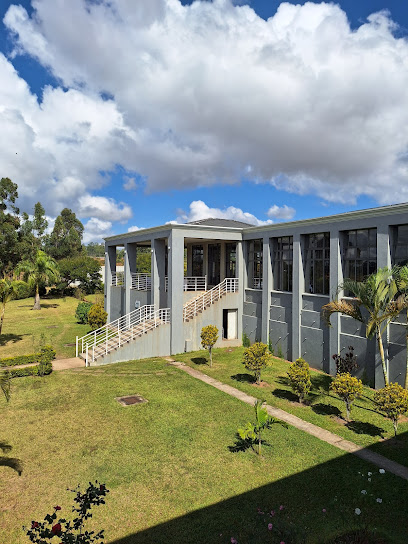
Mzoozoozoo
Experience the charm of Mzuzu at Mzoozoozoo Lodge, your serene retreat in the heart of Malawi's beautiful landscapes.

Emmaculate lodge
Experience comfort and hospitality at Emmaculate Lodge in Mzuzu, your perfect base for exploring the beauty of Malawi.

Mzuzu Coffee Suites
Discover the essence of Malawian coffee culture at Mzuzu Coffee Suites, a charming lodge in the heart of Mzuzu, where comfort meets local flavor.
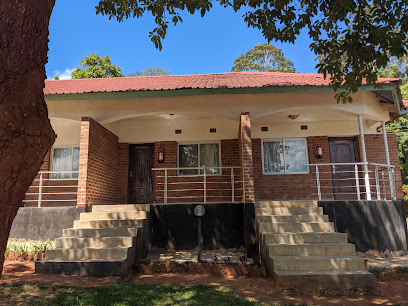
Mzuzu Clock Tower
Discover the historical allure of Mzuzu Clock Tower, a timeless symbol of the city showcasing local culture and vibrant community life.
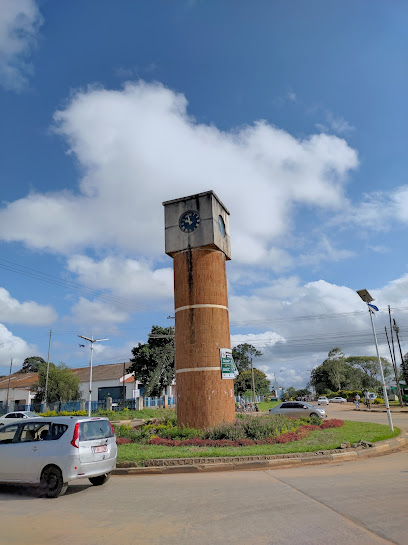
Gogosama Lodge
Discover tranquility and comfort at Gogosama Lodge in Mzuzu, the perfect base for exploring Malawi's stunning northern landscapes.

Mzuzu Dam
Experience the tranquil beauty of Mzuzu Dam, a must-visit tourist attraction in Malawi, perfect for relaxation, outdoor activities, and breathtaking views.
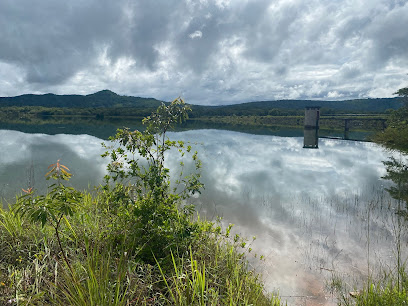
MZUZU CITY COUNCIL
Explore the Mzuzu City Council, the administrative heart of Malawi's vibrant city, and dive into local governance and culture.
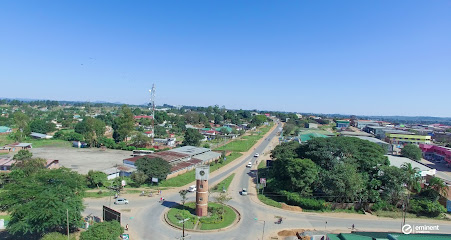
Mzuzu natural Sanctuary
Discover the Mzuzu Natural Sanctuary, a peaceful retreat in Malawi, where nature's beauty meets biodiversity conservation in a tranquil setting.

Unmissable attractions to see
Ntchezgo garden
Explore the tranquility of Ntchezgo Garden in Mzuzu, a serene oasis filled with diverse plant life perfect for relaxation and nature appreciation.
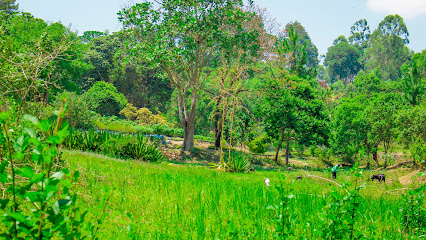
Springs park,
Explore the serene beauty of Springs Park in Mzuzu, a lush green oasis offering tranquility and nature walks amidst vibrant flora.
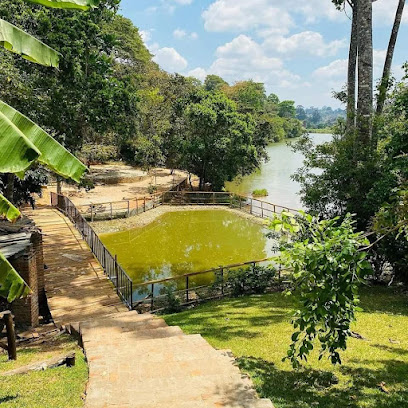
Chikale beach
Discover the beauty of Chikale Beach in Mzuzu, Malawi, a tranquil coastal haven perfect for relaxation and exploration amidst stunning natural landscapes.
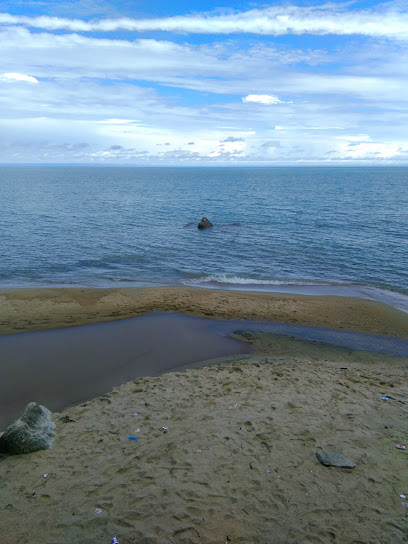
Oledith Park
Oledith Park in Mzuzu: A lush green retreat offering tranquility, beauty, and a glimpse into local culture amidst the vibrant landscape of Malawi.
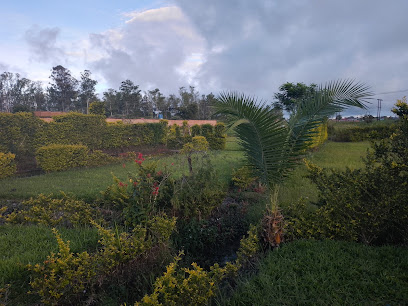
Lughano park
Experience the tranquility of Lughano Park in Mzuzu, a serene green oasis perfect for relaxation, picnics, and nature walks amidst Malawi's beauty.
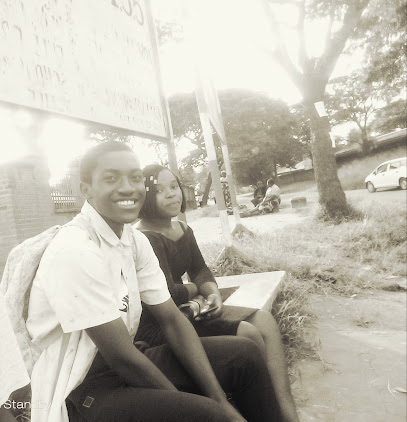
Samelda Garden
Experience the serene beauty of Samelda Garden in Mzuzu, a tranquil paradise of flora and fauna perfect for nature lovers and relaxation seekers.

Jambula Park
Explore the tranquility of Jambula Park in Mzuzu, Malawi, featuring lush landscapes, a refreshing swimming pool, and a delightful bar and grill experience.
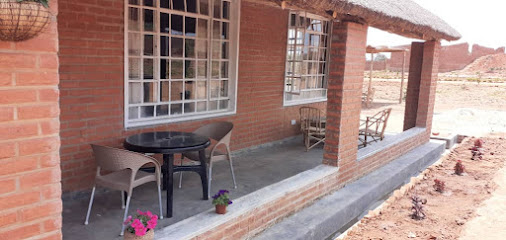
Vitowe Events Garden
Explore the tranquil beauty of Vitowe Events Garden in Mzuzu, where lush landscapes and serene environments await every visitor.
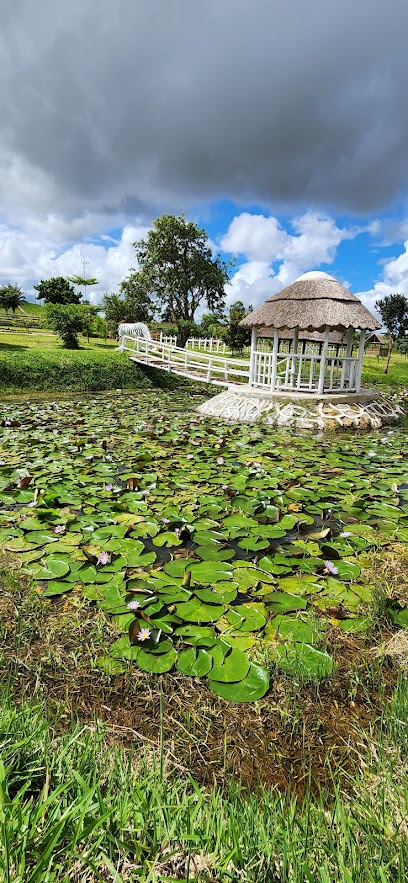
Chinese Garden
Explore the lush tranquility of the Chinese Garden in Mzuzu, where nature meets culture in a serene park setting.
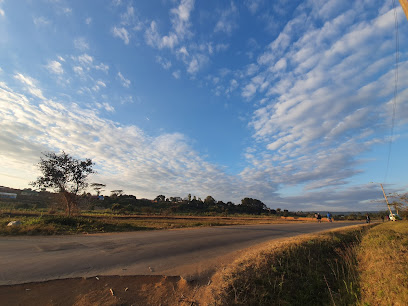
Botanic Gardens
Experience the enchanting beauty of Mzuzu's Botanic Gardens, where nature's tranquility and Malawi's rich biodiversity come together in a lush paradise.
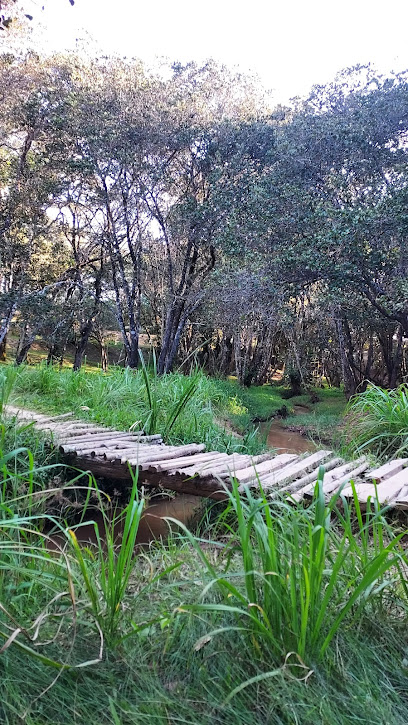
Cabra Limited
Explore the enchanting Cabra Limited National Forest in Mzuzu, Malawi, a haven for nature lovers and adventure seekers alike.

SAVITASE GARDENS
Discover the serene beauty of Savitase Gardens in Mzuzu, where vibrant flowers and lush greenery create a perfect escape into nature.

Serenity Garden
Experience the serene beauty of Serenity Garden in Mzuzu, Malawi, a perfect retreat for nature lovers and peace seekers alike.

Mzuzu Botanic Garden
Immerse yourself in the vibrant plant life and peaceful ambiance at Mzuzu Botanic Garden, a natural haven in Malawi's northern region.

Nerissa Garden
Discover tranquility at Nerissa Garden in Mzuzu, where vibrant flora and serene pathways offer a perfect escape for nature lovers.

Essential places to dine
Umunthu Space & Lodge
Experience the vibrant flavors of Malawi at Umunthu Space & Lodge in Mzuzu – where great food meets lively entertainment!
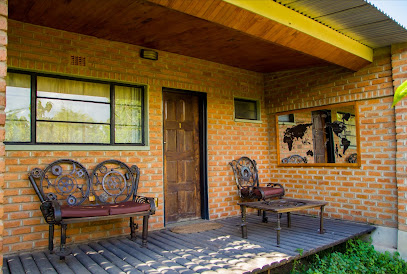
Macondo Camp
Experience exquisite Italian cuisine and family-friendly lodging at Macondo Camp in Mzuzu - your ultimate travel retreat.
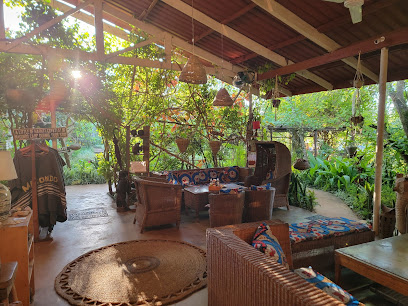
A1
Discover the essence of Indian cuisine at A1 in Mzuzu - where authentic flavors meet vibrant hospitality for an unforgettable dining experience.
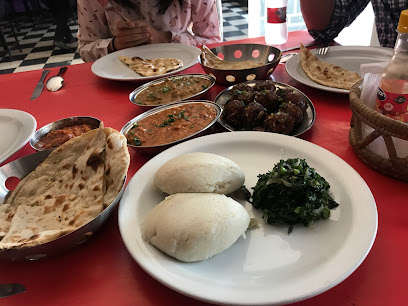
Kips Express
Experience authentic Malawian flavors and international cuisine at Kips Express in Mzuzu - a culinary gem for every traveler.
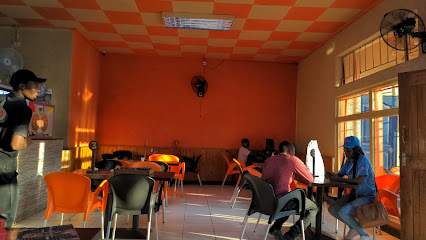
Manjolo Village
Experience authentic Malawian culture and cuisine in Manjolo Village – a must-visit destination for food lovers and cultural explorers alike.
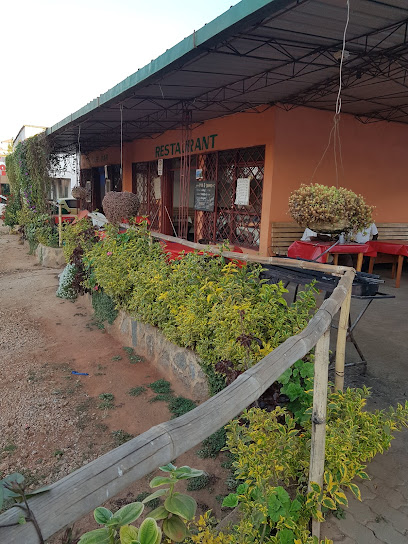
Chef's Pride Restaurant And Country Accommodation
Experience exquisite dining and serene lodging at Chef's Pride Restaurant & Country Accommodation – where culinary excellence meets tranquil countryside.
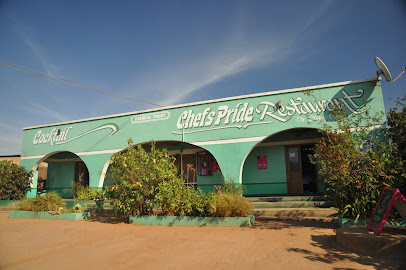
Kwithu Kitchen Cafè
Experience authentic Malawian cuisine at Kwithu Kitchen Cafè in Mzuzu - where flavor meets culture in every dish.
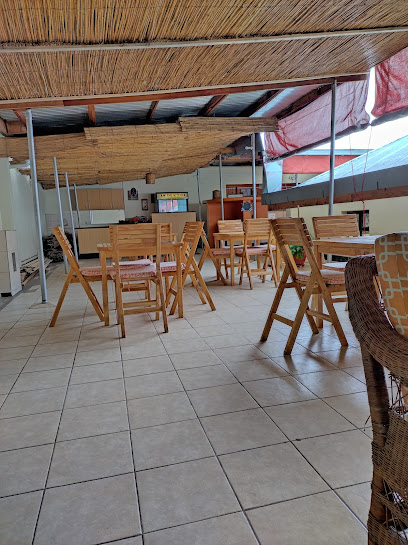
Midland fast food
Discover delicious fast food at Midland Fast Food in Mzuzu – where local flavors meet casual dining perfection.
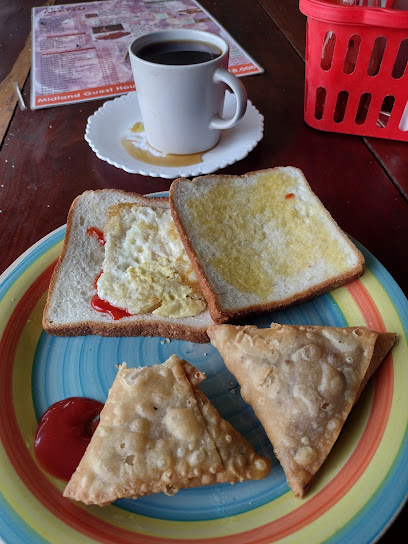
Flavatos
Discover Flavatos in Mzuzu - where local flavors meet fast food favorites for an unforgettable dining experience.
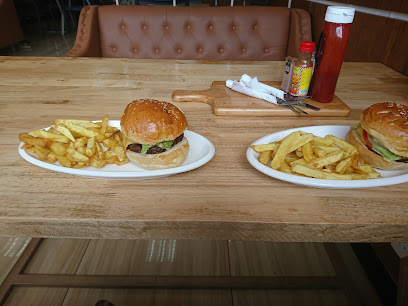
Lake View Lodge & Plant Nursery
Discover tranquility at Lake View Lodge & Plant Nursery in Mzuzu - where exquisite dining meets breathtaking plant life.
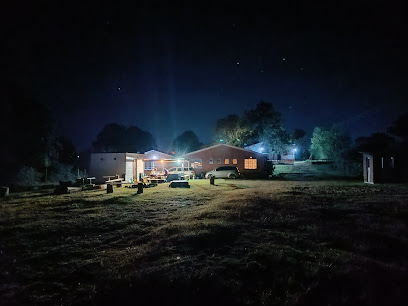
Soul Kitchen
Experience authentic Malawian flavors at Soul Kitchen - renowned for BBQ chicken and inviting atmosphere in Mzuzu.
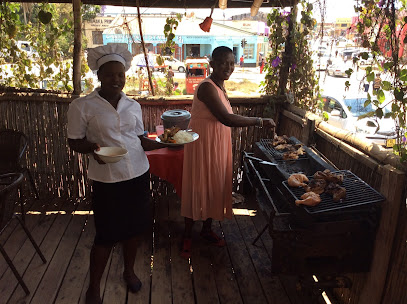
Club Love MW
Experience the vibrant grill culture at Club Love MW in Mzuzu—where delicious flavors meet lively ambiance for an unforgettable night out.
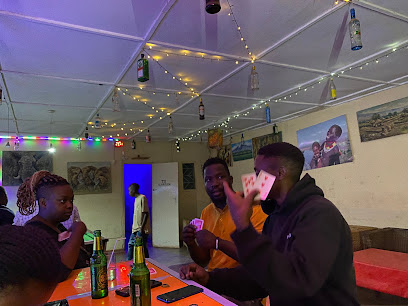
Pizza inn
Discover the best pizza in Mzuzu at Pizza Inn - where every slice tells a story.
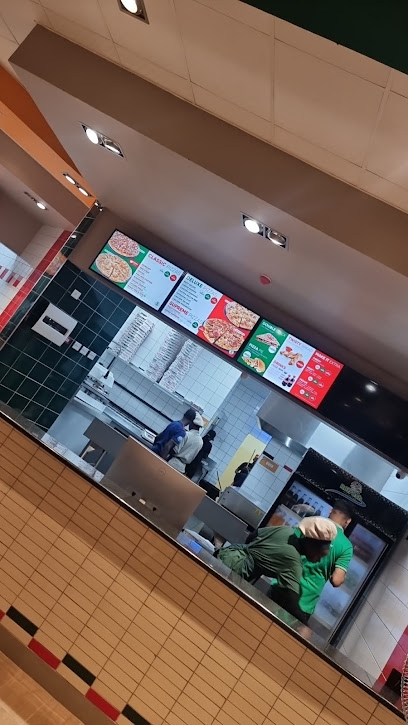
Chicken inn mzuzu
Discover Chicken Inn Mzuzu: A culinary gem serving delicious chicken dishes with local flavors in a warm and welcoming setting.
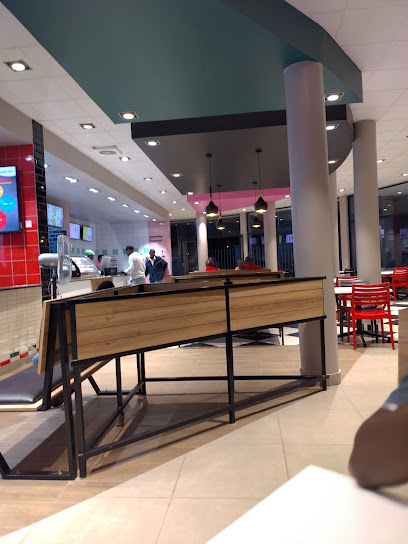
GreenVee
Experience authentic Malawian cuisine at GreenVee in Mzuzu – where every meal tells a story of local flavors.

Markets, malls and hidden boutiques
Shoprite Mzuzu
Experience the vibrant local culture while shopping for fresh produce and essentials at Shoprite Mzuzu, the premier supermarket in Northern Malawi.
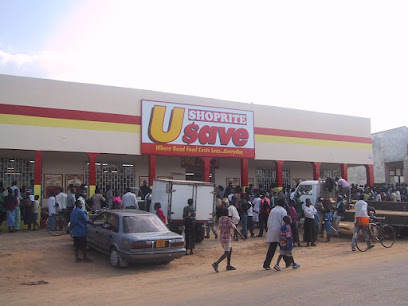
Mzuzu Mall
Discover the vibrant shopping experience at Mzuzu Mall, offering diverse stores, local cuisine, and entertainment in the heart of Malawi.
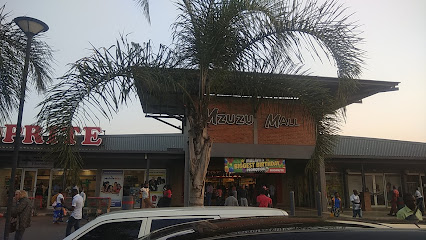
JONAZI TRADING CENTER , BAR & RESTHOUSE
Explore the vibrant Jonazi Trading Center for unique gifts and authentic Malawian cuisine in the heart of Mzuzu.
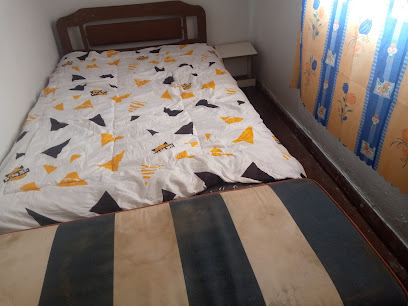
Kathumba investments
Explore local beauty treasures at Kathumba Investments, the premier cosmetics store in Mzuzu's bustling market. Discover quality products at great prices.
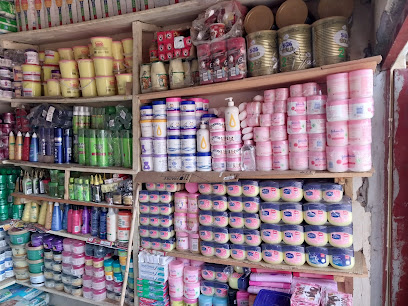
Thokozire Shop
Discover the vibrant culture of Malawi at Thokozire Shop, Mzuzu's premier shopping destination for local crafts and culinary delights.
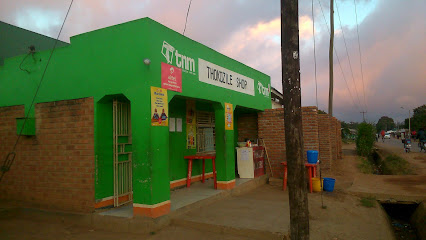
Chipiku Plus
Discover local flavors and essentials at Chipiku Plus, Mzuzu's vibrant supermarket for an authentic shopping experience.
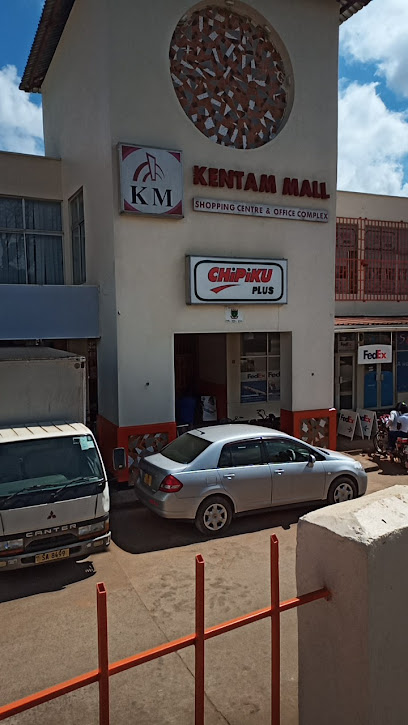
PEP Mzuzu Shoprite Centre
Discover affordable fashion treasures for the whole family at PEP Mzuzu Shoprite Centre, where style meets value in the heart of Mzuzu.

Select & Save Ltd, MZUZU
Explore Select & Save Ltd in Mzuzu for quality hardware supplies and expert assistance to elevate your construction and DIY projects.

Mphaka market
Discover Mphaka Market in Mzuzu: a vibrant grocery store where local culture, fresh produce, and authentic Malawian experiences come alive.

NORTHEND MALL
Explore Northend Mall in Mzuzu - a premier shopping destination offering diverse retail, delicious dining, and family-friendly entertainment.

Darwins Mens World
Discover the latest in men's fashion at Darwin's Men's World, a stylish clothing store in Mzuzu offering tailored apparel and unique local designs.
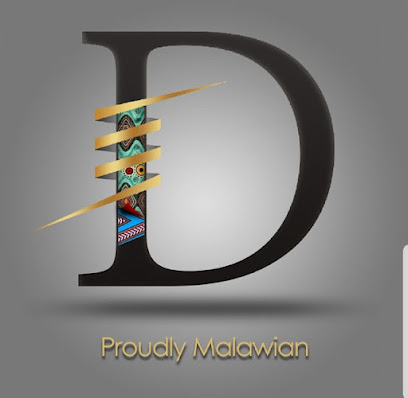
Sana Cash & Carry
Discover the heart of Mzuzu at Sana Cash & Carry, where local culture meets vibrant shopping, perfect for souvenirs and fresh produce.
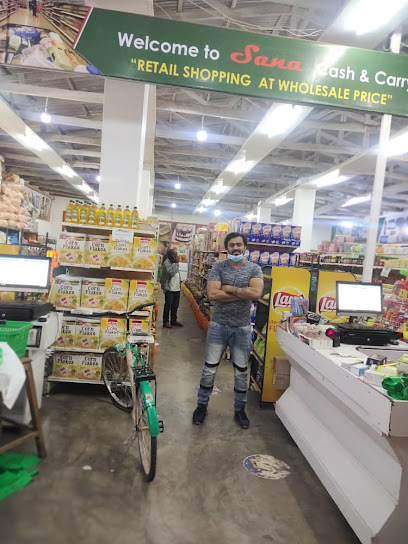
Emmanuel Basics Shop
Explore Emmanuel Basics Shop in Mzuzu for unique local crafts and authentic Malawian souvenirs, reflecting the rich culture and creativity of Malawi.
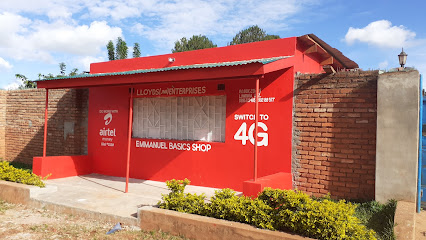
Mvuche Investment
Explore Mvuche Investment in Mzuzu for a delightful shopping experience blending local culture with modern retail.

DAPP Retail Store
Experience authentic Malawian culture at DAPP Retail Store in Mzuzu, where local craftsmanship meets vibrant community spirit.

Essential bars & hidden hideouts
Macondo Camp
Experience the vibrant atmosphere and diverse offerings of Macondo Camp, a unique bar and lodging destination in Mzuzu, Malawi.
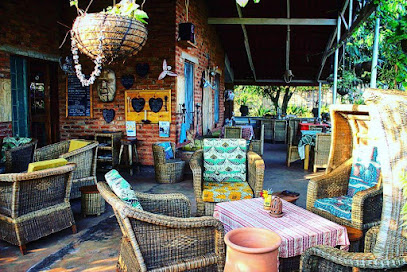
Queens Night Club
Experience the vibrant nightlife at Queens Night Club in Mzuzu, where music, dance, and culture blend for an unforgettable evening.
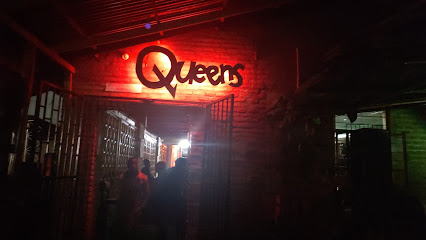
Nature's Lounge
Experience the best of Malawian grilling at Nature's Lounge, where fresh ingredients and a vibrant atmosphere await you.
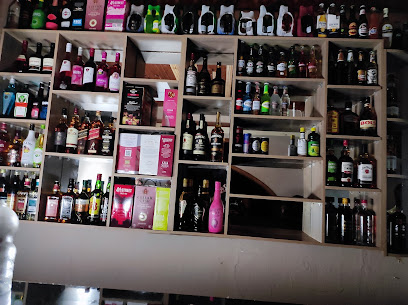
Mzuzu Sports Bar
Discover the excitement at Mzuzu Sports Bar, where sports, delicious food, and a lively atmosphere come together in the heart of Mzuzu.
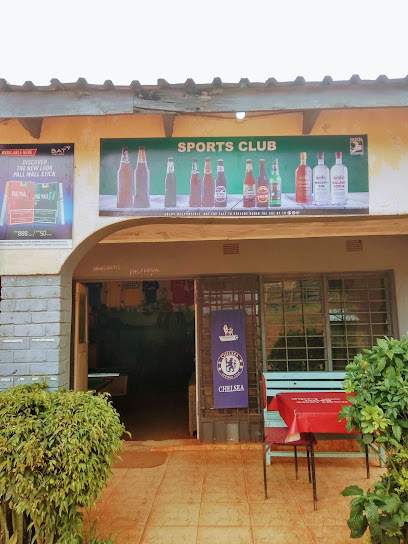
Uptown bar
Discover the vibrant atmosphere at Uptown Bar in Mzuzu, a perfect spot for drinks and local culture amid Malawi's lively nightlife.

Blue Wave
Discover Blue Wave in Mzuzu - a charming grill offering delicious grilled dishes and a warm atmosphere for an authentic dining experience.
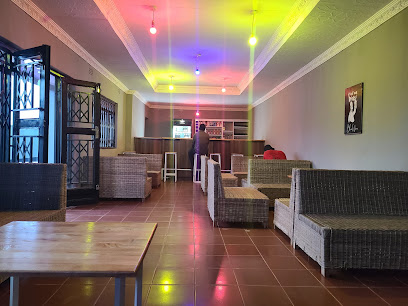
D&G bar
Discover Mzuzu's nightlife at D&G Bar, where vibrant ambiance meets local flavor in a unique social setting.
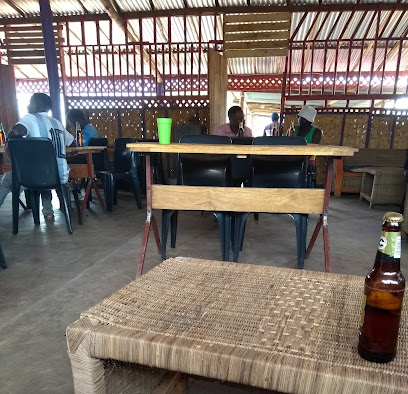
Aligators pub and grill
Discover the vibrant atmosphere and authentic Malawian cuisine at Aligators Pub and Grill in Mzuzu, a must-visit for tourists seeking local flavor.
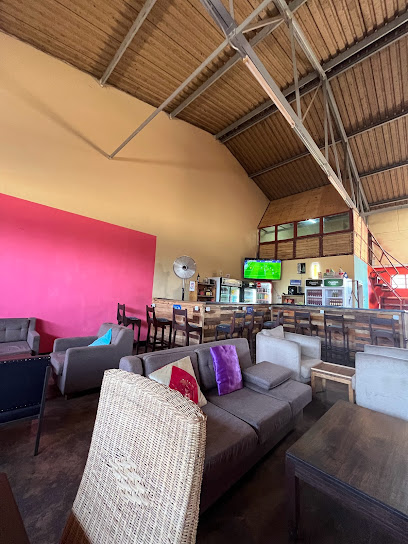
El Chapo's
Experience the vibrant nightlife at El Chapo's, a premier bar on Mzuzu's university campus offering a lively atmosphere and refreshing local drinks.
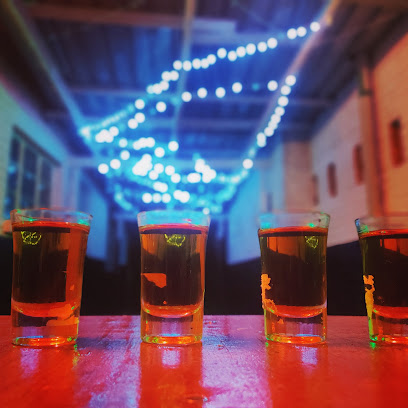
Sports Cafe
Experience the vibrant local scene at Sports Cafe in Mzuzu, where good drinks meet friendly faces in a relaxed atmosphere.
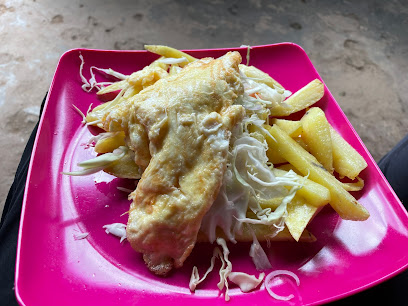
Makuni, Eatery & Lounge
Experience the vibrant flavors and lively atmosphere at Makuni, Eatery & Lounge in Mzuzu, where local cuisine meets global tastes.

Chenda
Discover the lively atmosphere of Chenda in Mzuzu, where local culture meets vibrant nightlife, perfect for a memorable evening.
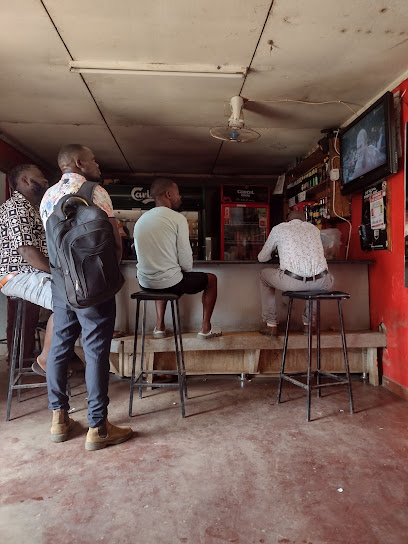
The Scoreboard-Sports bar
Experience the thrill of sports at The Scoreboard, Mzuzu's go-to bar for game day excitement and delicious food.
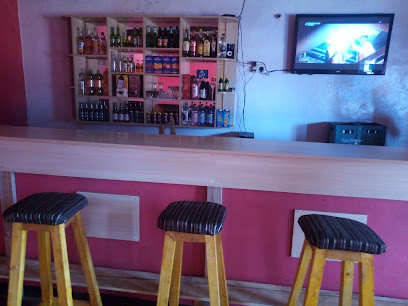
Ngomambi
Discover Ngomambi, Mzuzu's vibrant bar where local culture meets nightlife, offering a unique drink experience in a welcoming atmosphere.

Mafumu House
Discover the vibrant atmosphere of Mafumu House, Mzuzu's bar offering local drinks and lively events in a cozy setting.

Local Phrases
-
- HelloMoni
[mow-nee] - GoodbyeTionana
[tee-oh-nah-nah] - YesEya
[ay-yah] - NoAyini
[ah-yee-nee] - Please/You're welcomeZikomo
[zee-koh-moh] - Thank youZikomo kwambiri
[zee-koh-moh kwahm-bee-ree] - Excuse me/SorryPepani
[peh-pah-nee] - How are you?Muli bwanji?
[moo-lee bwan-jee] - Fine. And you?Ndili bwino. Inu?
[ndee-lee bwee-noh. ee-noo] - Do you speak English?Mukhulupirira Chizungu?
[moo-koo-loo-pee-ree-rah chee-zoo-ngoo] - I don't understandSindikudziwa
[seen-dee-koo-dzee-wah]
- HelloMoni
-
- I'd like to see the menu, pleaseNdikufuna kukonza menyu, chonde
[ndee-koo-foo-nah koo-kohn-zah meh-nyoo, chohn-deh] - I don't eat meatSindidya nyama
[seen-dee-dyah nyah-mah] - Cheers!Zokomera!
[zoh-koh-meh-rah] - I would like to pay, pleaseNdikufuna kulipira, chonde
[ndee-koo-foo-nah koo-lee-pee-rah, chohn-deh]
- I'd like to see the menu, pleaseNdikufuna kukonza menyu, chonde
-
- Help!Chitani chilungamo!
[chee-tah-nee chee-loo-ngah-moh] - Go away!Pita!
[pee-tah] - Call the Police!Pemphani a Malo
[pehm-pah-nee ah mah-loh] - Call a doctor!Pemphani wosauka!
[pehm-pah-nee woh-sow-kah] - I'm lostNdili pa njira
[ndee-lee pah njee-rah] - I'm illNdili wachepa
[ndee-lee wah-chay-pah]
- Help!Chitani chilungamo!
-
- I'd like to buy...Ndikufuna kugula...
[ndee-koo-foo-nah koo-goo-lah] - I'm just lookingNdikulira
[ndee-koo-lee-rah] - How much is it?Ndi ndalama zingati?
[ndee ndah-lah-mah zin-gah-tee] - That's too expensiveIzi ndi zambiri
[ee-zee ndee zahm-bee-ree] - Can you lower the price?Mukhoza kugwiritsa mali?
[moo-khoh-zah koo-gwee-ree-tsah mah-lee]
- I'd like to buy...Ndikufuna kugula...
-
- What time is it?Saa yachi bwanji?
[sah yah-chee bwan-jee] - It's one o'clockSaa yachi imodzi
[sah yah-chee ee-moh-zdee] - Half past (10)Ntachi ya (10)
[in-tah-chee yah (tee-nah)] - MorningUsiku
[oo-see-koo] - AfternoonChinthu
[cheen-thoo] - EveningMawa
[mah-wah] - YesterdayLero
[leh-roh] - TodayUtsiku
[oo-tsee-koo] - TomorrowMawa
[mah-wah] - 1Moja
[moh-jah] - 2Zawiri
[zah-wee-ree] - 3Zatatu
[zah-tah-too] - 4Zine
[zee-neh] - 5Zidai
[zee-dah-ee] - 6Zisanu
[zee-sah-noo] - 7Zisere
[zee-seh-reh] - 8Ziwoni
[zee-woh-nee] - 9Ziyenda
[zee-yen-dah] - 10Zikumi
[zee-koo-mee]
- What time is it?Saa yachi bwanji?
-
- Where's a/the...?Kodi...iko kuti?
[koh-dee ee-koh koo-tee] - What's the address?Adilesi yoti ndi?
[ah-dee-leh-see yoh-tee ndee] - Can you show me (on the map)?Mukhoza kundikonzera (pa mapu)?
[moo-khoh-zah koon-dee-kohn-zeh-rah pah mah-poo] - When's the next (bus)?Kumene ndi chaka chakwana (bus)?
[koo-meh-neh ndee chah-kah chah-kwah-nah (boos)] - A ticket (to ....)Chitete (ku ....)
[chee-teh-teh (koo)]
- Where's a/the...?Kodi...iko kuti?
History of Mzuzu
-
Mzuzu, located in the northern region of Malawi, is relatively young compared to other African cities. The area was originally inhabited by the Tumbuka people, who are known for their rich cultural heritage and history. Traditional Tumbuka societies were organized around chieftaincies, and their economy was primarily based on agriculture and fishing.
-
During the late 19th and early 20th centuries, Mzuzu and the surrounding region came under British colonial rule. The British established administrative structures and introduced new agricultural practices. The area became part of the Nyasaland Protectorate in 1907. The colonial period also saw the introduction of missionaries, who played a significant role in education and healthcare.
-
Mzuzu was officially founded in 1947 as a center for the British colonial government’s tobacco farming industry. The city's establishment was part of an effort to develop the northern region of Malawi. Over time, Mzuzu grew rapidly due to its strategic location and agricultural potential, eventually becoming the administrative and commercial hub of the northern region.
-
Malawi gained independence from British colonial rule in 1964. Following independence, Mzuzu continued to grow and develop as part of the newly established nation. The city became the headquarters of the Northern Region and has since experienced significant urbanization and economic growth. Key infrastructure developments, such as the construction of roads and public buildings, have shaped the modern cityscape.
-
Mzuzu is a cultural melting pot, with a diverse population that includes the Tumbuka, Ngoni, and other ethnic groups. The city is known for its vibrant cultural festivals, such as the Tumbuka traditional dances and ceremonies. These events offer a glimpse into the rich traditions and customs that have been preserved over generations. Local crafts, music, and dance play a significant role in the city's cultural identity.
-
In recent decades, Mzuzu has become an educational hub, home to institutions like Mzuzu University, which was established in 1997. The university has contributed to the city's intellectual and cultural life, attracting students from across the country. Additionally, Mzuzu has seen growth in sectors such as agriculture, trade, and tourism, making it a vital economic center in northern Malawi.
Mzuzu Essentials
-
Mzuzu, located in the Northern Region of Malawi, is accessible by various means. The nearest international airport is Kamuzu International Airport in Lilongwe, approximately 350 kilometers away. From Lilongwe, you can take a domestic flight to Mzuzu Airport, which offers limited services. Alternatively, you can travel by bus or car from Lilongwe to Mzuzu. The journey by road typically takes around 5 to 6 hours and offers scenic views of Malawi's landscape.
-
Within Mzuzu, transportation options include minibuses (commonly known as 'matolas'), taxis, and bicycle taxis. Minibuses are the most common and economical means of getting around, although they can be crowded. Taxis are available and can be hired for short trips or day rentals. Bicycle taxis are an affordable and eco-friendly option for short distances. Car rentals are also available for those who prefer to drive themselves.
-
The official currency in Malawi is the Malawian Kwacha (MWK). Credit cards are accepted in some hotels, restaurants, and larger shops, but it's advisable to carry cash, especially when visiting smaller establishments and markets. ATMs are available in Mzuzu, but ensure you have enough cash on hand as not all places accept card payments. Currency exchange services are available in banks and some hotels.
-
Mzuzu is generally considered safe for tourists, but like any destination, it is important to take standard precautions. Avoid walking alone at night, particularly in unfamiliar areas. The neighborhood around Mzuzu Market can be busy and crowded, so keep an eye on your belongings to avoid pickpocketing. High-crime areas targeting tourists are not common, but it’s always best to stay vigilant.
-
In case of an emergency, dial 997 for the police and 998 for medical emergencies. Mzuzu Central Hospital is the main medical facility in the area. It is recommended to have travel insurance that covers medical emergencies. Pharmacies are available in the city for over-the-counter medications. Always keep emergency contacts and your travel insurance details handy.
-
Fashion: Do dress modestly, particularly when visiting rural areas or religious sites. Avoid wearing very revealing clothing. Religion: Do respect local customs and traditions. Always ask for permission before photographing people, especially during religious ceremonies. Public Transport: Do be patient and polite when using public transport. Don't expect strict schedules as timings can be flexible. Greetings: Do greet people with a handshake. It is polite to inquire about someone's well-being before starting a conversation. Eating & Drinking: Do try local dishes and accept food offerings graciously. Don't waste food, as it is considered impolite.
-
To experience Mzuzu like a local, visit the vibrant Mzuzu Market where you can buy fresh produce, local crafts, and traditional Malawian goods. Engage with the locals, who are known for their friendliness and hospitality. Don't miss visiting the Viphya Forest Reserve for a nature walk or a picnic. For a unique experience, try the local coffee, as Mzuzu is known for its coffee plantations. Participating in a community event or festival can also provide a deeper insight into the local culture.
Nearby Cities to Mzuzu
-
Things To Do in Nkhata Bay
-
Things To Do in Karonga
-
Things To Do in Salima
-
Things To Do in Lilongwe
-
Things To Do in Chipata
-
Things To Do in Mbeya
-
Things To Do in Kasama
-
Things To Do in Mangochi
-
Things To Do in Iringa
-
Things To Do in Zomba
-
Things To Do in Blantyre
-
Things To Do in Ndola
-
Things To Do in Dodoma
-
Things To Do in Kitwe
-
Things To Do in Morogoro







